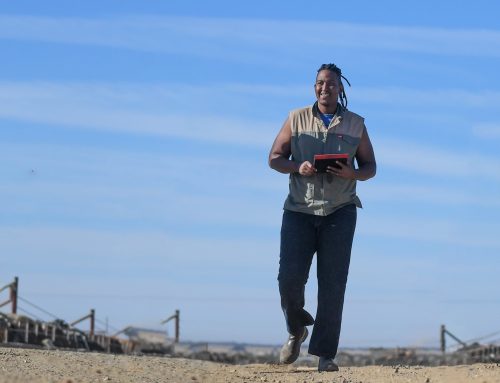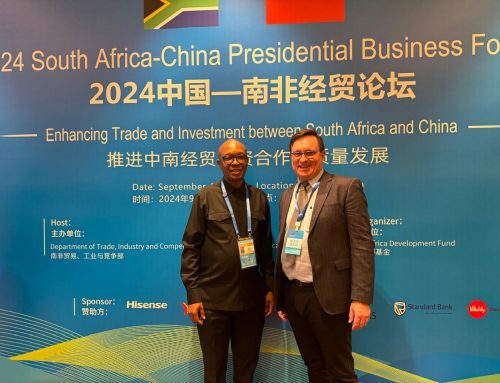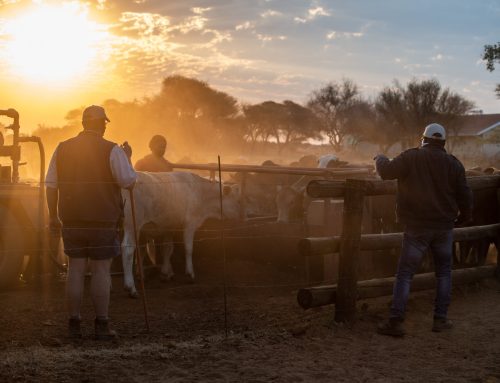We are pleased with the 2023 Budget presented today by Finance Minister Enoch Godongwana. The Budget recognises the burden on South African consumers due to the electricity crisis, which has highlighted the cost of food production. The government acknowledges that food manufacturers may have no other option but to pass on the increased cost of production to an already struggling consumer, which they are trying to address through targeted measures.
We are particularly pleased that the government plans to ease the impact of the electricity crisis on food prices by extending the refund on the Road Accident Fund levy to food manufacturers. This refund will apply to diesel used in the manufacturing process, including for generators.
Additionally, we are very pleased to see that the government is providing incentives for businesses and individuals to install private energy solutions such as solar panels. This tax relief measure will greatly assist companies and private residences in coping with the challenges arising from the ongoing electricity crisis.
We are concerned by the news of the municipal debt relief programme, which involves Eskom providing incentivized relief to municipalities whose debt is deemed unaffordable. While it is encouraging that the relief package will include measures to address the underlying issue of non-payment, such as the installation of prepaid meters, we believe that more needs to be done to change the culture of non-payment in these municipalities. We need much stricter and clearer measures in place to address this issue, otherwise the problem of non-payment will persist. Municipalities play a critical role in ensuring the continued success of agricultural communities, and it is imperative that they function properly.
Furthermore, we welcome the support the national government is giving the Sol Plaatje municipality in Kimberley to ensure uninterrupted water supply in the area, through repairs to the Riverton Water Supply Scheme, which is the only water source and supply system to Kimberley. However, this needs to go hand in hand with good management practices to ensure that the infrastructure doesn’t fall back into disrepair. It is crucial that the government implements proper monitoring and oversight mechanisms to ensure the long-term sustainability of the water supply system. This will help to avoid future interruptions to the water supply, which could have a significant impact on the livelihoods of residents and businesses in the area.
Lastly, we are encouraged by government’s focus on infrastructure investment in rural areas such as the Eastern Cape, Mpumalanga, and Limpopo. For impoverished communities, the cost of food is expensive when adding on long commutes. The building of bridges in these communities will allow go a long way in providing relief to the poorest of the poor in South Africa.






